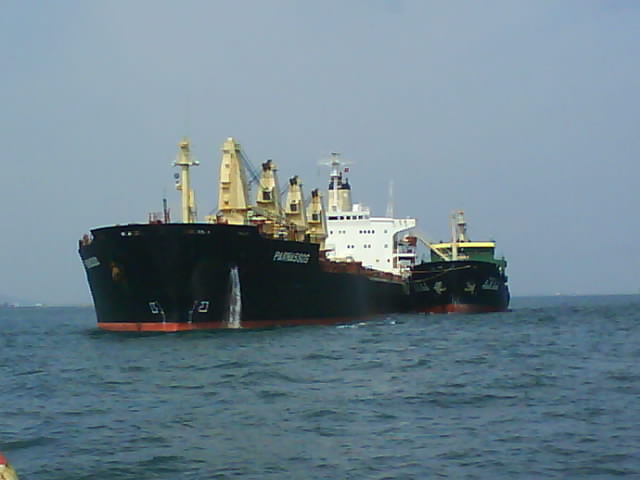Cruise ship crashes are a very rare occurrence, but they do happen. While the majority of cruise ships are designed to be as safe as possible, there are still a few that have had accidents over the years. The most common causes of cruise ship crashes include weather related events, mechanical failures, and human error.
Weather Related Events
Cruise ships can easily be affected by severe weather such as strong winds and storms. This can cause the ship to take on water or even capsize in extreme cases.
In addition, high waves can also cause damage to the vessel if it is not properly prepared for them. Cruise ships must have safety measures in place to prepare for these events, but if they are not followed then there is a chance that a crash could occur.
Mechanical Failures
Mechanical failures can also cause cruise ship crashes. This can include engine failures or other structural issues with the vessel itself.
It is important for cruise ships to stay up-to-date with maintenance and repairs to ensure that all systems are functioning properly and safely. If this is not done then there is a chance that an accident could occur due to a malfunctioning piece of equipment or system onboard the ship.
Human Error
Human error is another common cause of cruise ship crashes. This could be anything from navigational errors on the part of the captain or crew members, to poor decision making when it comes to weather conditions or mechanical issues onboard the vessel.
It is important for all crew members aboard a cruise ship to be well-trained and aware of their responsibilities and duties in order to prevent any potential accidents from occurring due to human error. Conclusion
Overall, cruise ship crashes are relatively rare occurrences and typically only happen due to extreme weather conditions, mechanical malfunctions, or human error. Therefore it is important for those who work aboard cruise ships to remain vigilant about safety protocols and procedures in order to ensure that everyone remains safe while out at sea.

